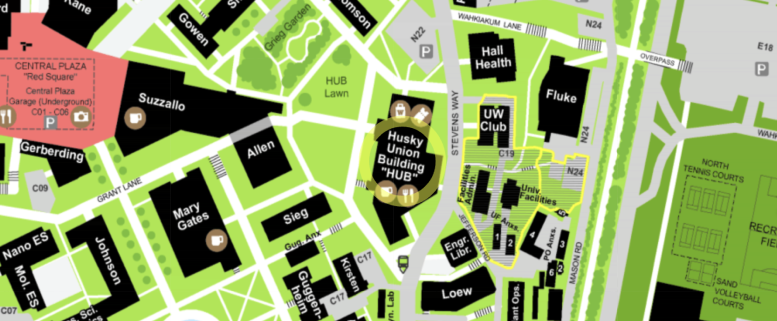HISTO – HIgh-throughput Student-led Thin-section Operations
Department of Biology
Requested:
$98,806
Status:
Funded
Awarded:
$98,806
Abstract
We request funds to purchase equipment that will drastically reduce the amount of time it takes to prepare hard tissue thin-sections. We seek funds to purchase an EXAKT 400CS, which is a high precision tabletop, thin-section grinder and polisher that will enable graduate and undergraduate students to quickly generate thin-sections of fossilized and desiccated bones and teeth for osteological and paleontological research. The EXAKT 400CS is capable of automatically grinding thin-sections to sub-millimeter accuracy and has interdisciplinary applications in paleontology, oral biology, archaeology, geology, and biology. Acquisition of this equipment will dramatically reduce sample preparation and allow students more time for analysis and interpretation of their results.

